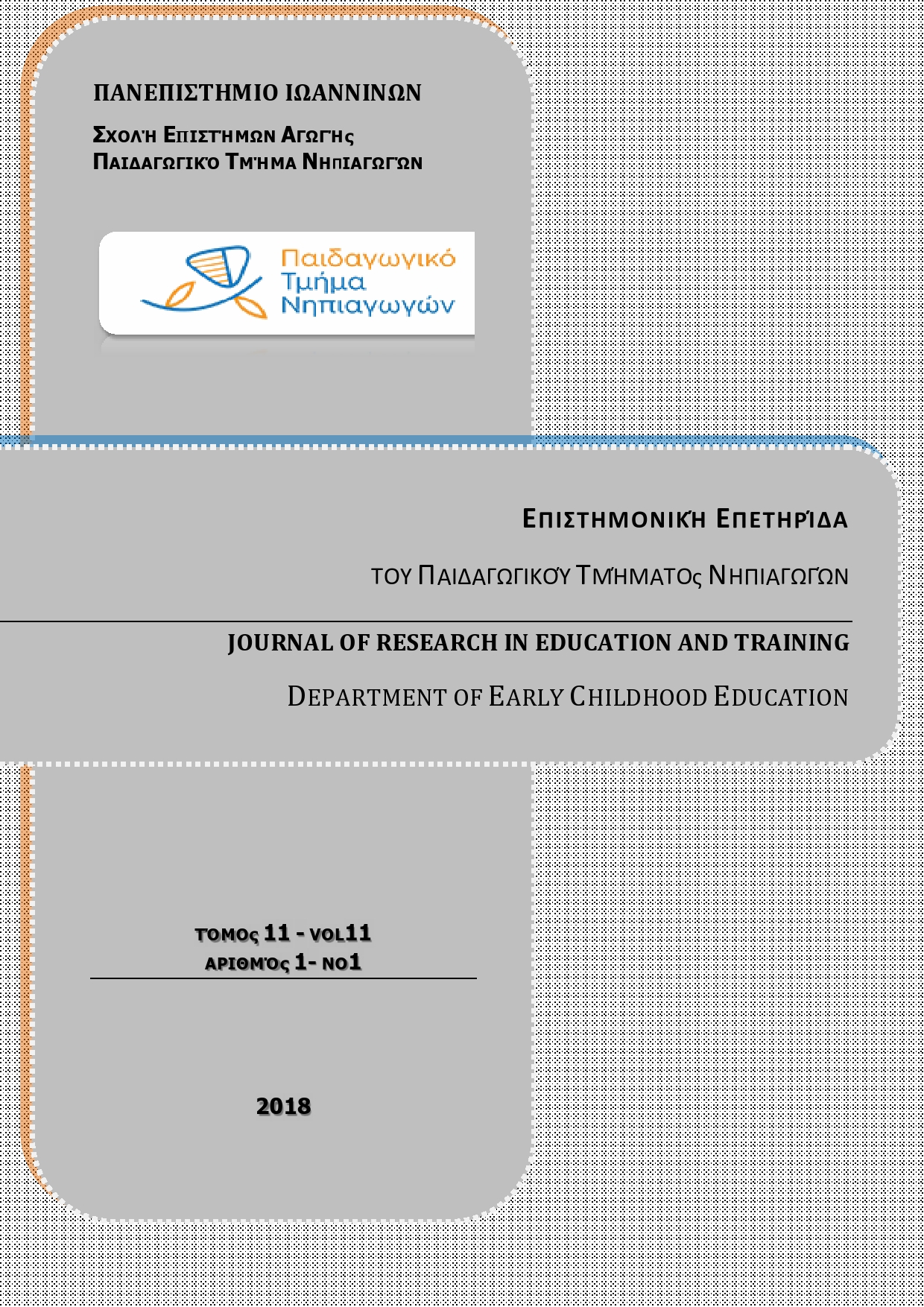Learning difficulties among foreign pupils in primary school

Abstract
Migration, economy globalization, international communication networks creation, new technologies, easy access to knowledge, cultural values redefinition and the new universal cultural models creation have led to new data and issues in relation to the education in Europe and globally, as well as in Greece which from a sending country is being transformed in migrants receiving country. Modern intercultural pedagogical current expressing cultural plurality and difference is addressed not only to cultural and linguistic minorities of the school community but to all the students. Increasing migrants’ mobility with the resulting educational problems has led to international organizations reaction as well to important initiatives in Greece and Europe in general, indicating the will to change the attitude towards minority education and intercultural education promotion.
Article Details
- How to Cite
-
Milona, A., & Koutras, V. (2018). Learning difficulties among foreign pupils in primary school. Journal of Research in Education and Training, 11(1), 48–76. https://doi.org/10.12681/jret.10365
- Issue
- Vol. 11 No. 1 (2018)
- Section
- Articles

This work is licensed under a Creative Commons Attribution-NonCommercial-ShareAlike 4.0 International License.
Authors who publish with this journal agree to the following terms:
- Authors retain copyright and grant the journal right of first publication with the work simultaneously licensed under a Creative Commons Attribution Non-Commercial License that allows others to share the work with an acknowledgement of the work's authorship and initial publication in this journal.
- Authors are able to enter into separate, additional contractual arrangements for the non-exclusive distribution of the journal's published version of the work (e.g. post it to an institutional repository or publish it in a book), with an acknowledgement of its initial publication in this journal.
- Authors are permitted and encouraged to post their work online (preferably in institutional repositories or on their website) prior to and during the submission process, as it can lead to productive exchanges, as well as earlier and greater citation of published work (See The Effect of Open Access).


